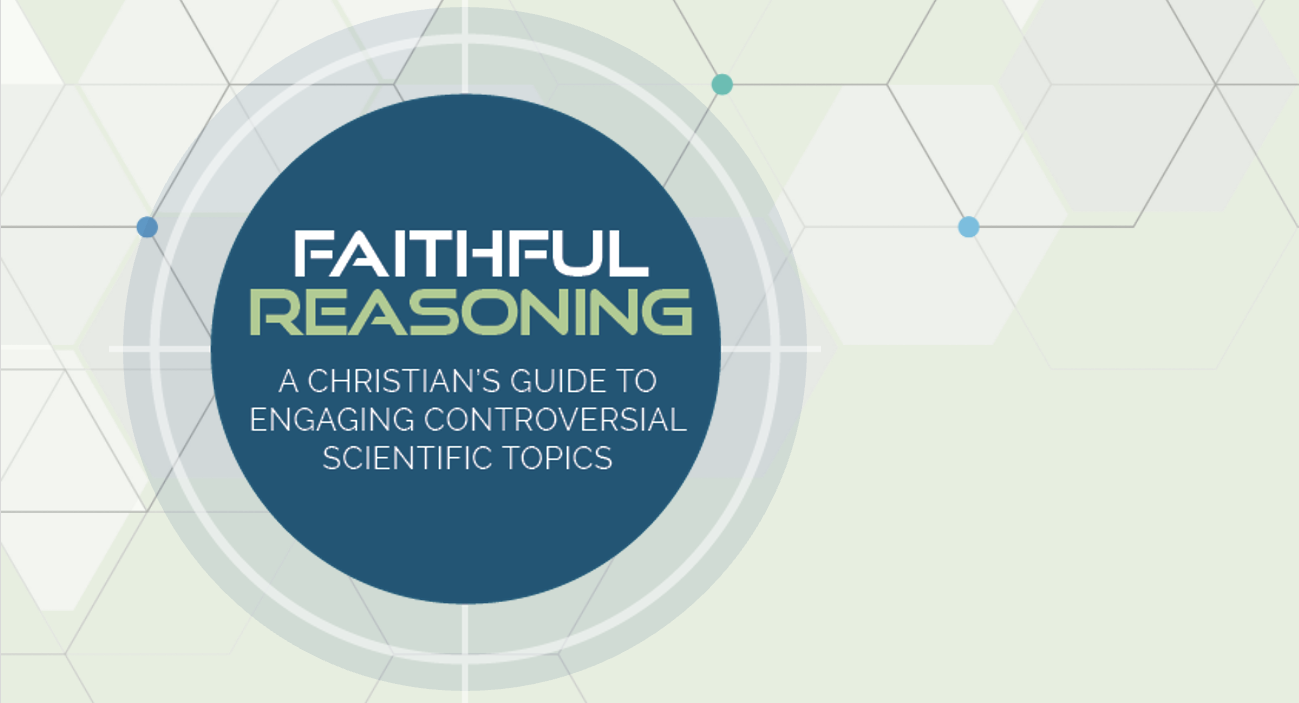
“Tom and Nate were longtime friends at church. They had been members of the same church small group for a while, before the group grew too large and split into two. At that point, the men each started their own group. They were leaders in the church. And yet, for some reason, when one posted a comment on social media about vaccines, the other retorted. What played out is a scene all too common: rather than a productive conversation in the pursuit of understanding and clarity, a heated interaction between two beloved Christian friends played out with nasty comment chased by nastier retort, and back again. The fact that Tom and Nate disagreed is not the problem. The problem is in how they disagreed. Each of them cared about the topic and, as so easily happens, the disagreement felt threatening to them and their beliefs. This led to a heated emotional interaction. In this interaction, it seems that neither of them were willing to do the work of thinking through the evidence (known and unknown) that might be relevant to their beliefs about the topic. The disagreement reached a decisive, public, and ugly stalemate.”
This story forms part of the introduction to a new small group resource for churches. It was written by four US-based psychologists who did some research on how Christians make decisions about controversial scientific issues. They found that “emotional reactions serve as the strongest predictor of how people respond to these topics–more influential than political beliefs, religious commitment, or educational background. Specifically, when people experienced strong negative emotions such as anger or disgust, they were more likely to respond with hostile comments or disconnect from the conversation entirely. This pattern held true regardless of political ideology, education level, or depth of religious involvement.”
The material draws on Biblical principles to help the group work through six steps on a scientific controversy of their choice: pause, feel, reflect, investigate, organise and decide. Practical exercises help participants to grow in understanding of emotions, how we engage with evidence, how we make decisions and how confident we feel about them. The ultimate aim is to equip Christians to discuss controversial scientific topics in a loving way, to listen to each other and to disagree well. The exercise takes 90-120 minutes, and can be run as a single session or split into two, with evidence-gathering as homework. No psychology expertise is required of the group leader, because everything is provided in the notes.
This session might work especially well for a group that already knows each other quite well. It might appeal especially to churches that already have a controversial scientific issue in mind, which is important but not core to the identity of the church, or to young adult ministries.
The slides and workbook can be downloaded for free at https://erinsmithpsychology.com/faithful-reasoning/.
NB. Faraday Churches provided feedback during the production of this material, which is primarily produced for US audiences but is also applicable to UK contexts.




